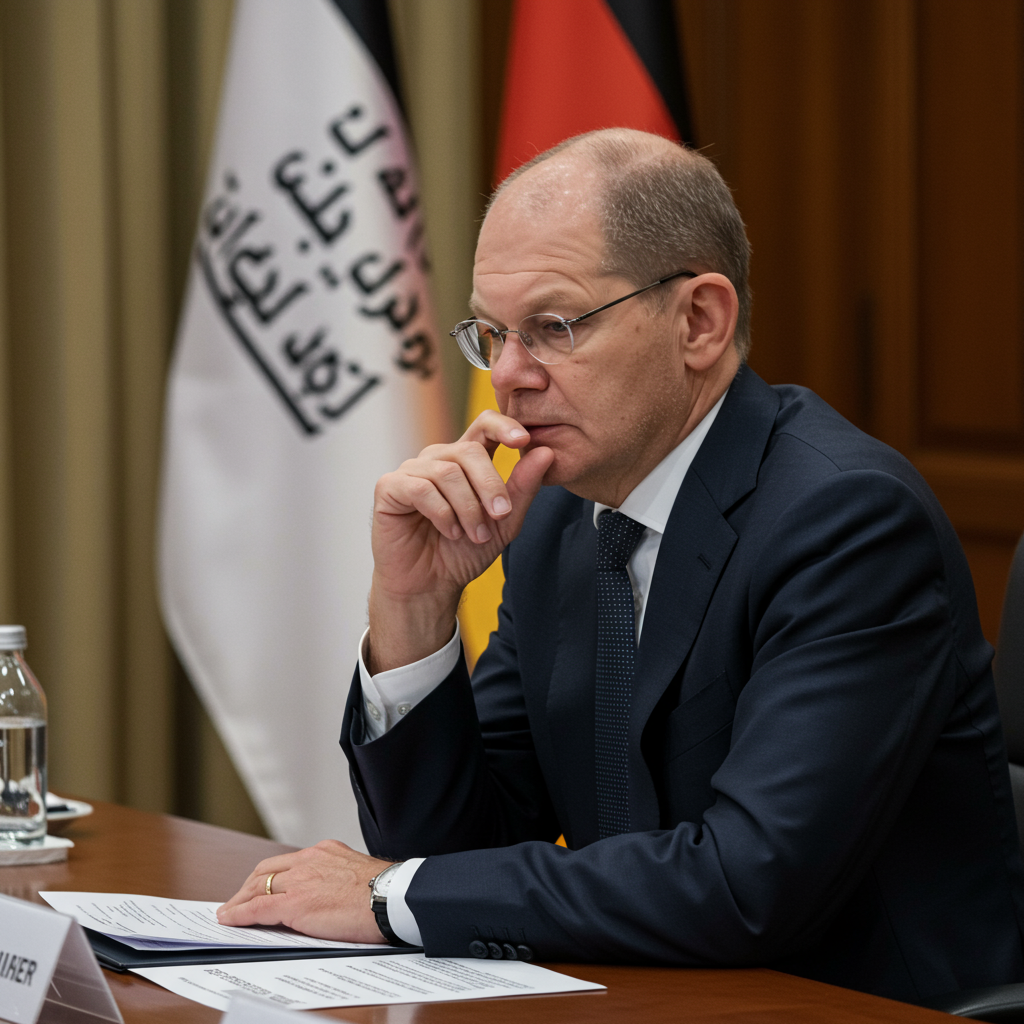An investigation has exposed how sophisticated ticket touts are employing organised teams of workers, often based overseas, to acquire tickets in bulk for major UK events, including concerts by global superstars like Taylor Swift and the highly anticipated Oasis reunion tour. This systematic bulk purchasing prevents genuine fans from buying tickets at face value, pushing them towards inflated resale markets where touts make enormous profits, potentially running into millions.
The BBC investigation revealed that some touts are hiring individuals overseas, referred to as “ticket pullers,” specifically for the purpose of mass ticket acquisition. One head of a ticket pulling company based in Pakistan openly told an undercover reporter that his team had successfully purchased hundreds of tickets for Taylor Swift’s Eras tour last year. He boasted of similar success with high-demand acts like Coldplay and Oasis, claiming to know UK touts who made over £500,000 annually using this method, with others allegedly earning millions.
How the Bulk-Buying Scheme Works
These “ticket pullers” reportedly utilise methods that include illegal automated software (bots) and multiple identities to bypass standard purchase limits on primary ticketing platforms like Ticketmaster. While operating such schemes within the UK would likely be deemed illegal, a ticket pulling boss in India suggested that being based outside the country offered a different legal perspective for their operations.
An industry veteran with nearly 40 years of experience in ticketing, Reg Walker, described infiltrating a secret online group where members claimed the ability to generate 100,000 “queue passes.” These passes effectively allow touts to jump ahead of genuine fans waiting in online queues, much like 100,000 people pushing to the front of a physical queue. Walker questioned the lack of scrutiny from ticketing companies and authorised resale platforms when large volumes of tickets suddenly appear listed by individual sellers.
While primary platforms typically limit buyers to a small number of tickets, touts manage to acquire vast quantities. A former employee of the resale site Viagogo, speaking anonymously, alleged seeing profiles listing thousands of tickets, indicating significant bulk purchases by some sellers. Viagogo, however, refutes this specific claim, stating that the majority of sellers on their site sell fewer than five tickets.
Impact on Fans and Scale of the Problem
The consequence of this organised activity is that genuine fans struggle to secure tickets at face value. For the recent Oasis reunion tour, which sold over 900,000 tickets, thousands of fans were left frustrated after spending hours in online queues only to miss out. Shortly after the pre-sale, tickets for Oasis’s UK gigs appeared on resale sites like StubHub and Viagogo priced at over £6,000 – approximately 40 times the face value of a standing ticket.
The problem isn’t limited to music. The investigation also found evidence of widespread illegal touting of sports tickets, specifically for Premier League football matches. Despite reselling football tickets without authorisation being a criminal offence in the UK since 1994, thousands of tickets are illegally advertised above face value online. For an Arsenal v Chelsea match at the Emirates Stadium, 8,000 tickets were advertised illegally online. A UK-based semi-professional footballer was found to have openly advertised football tickets worth over £60,000 on social media in the past year, selling one ticket to an undercover reporter at double its face value.
Exposing Illegal Practices
Beyond bulk buying, the investigation highlighted “speculative selling” as another potentially illegal practice. This involves touts listing tickets for resale that they do not actually own, with no guarantee they can fulfil the sale. This fraudulent practice led to two touts being jailed in 2020. The investigation found at least 104 seats for a Catfish and the Bottlemen concert listed speculatively on Viagogo, appearing simultaneously for sale on the original platform, Ticketmaster. When presented with this evidence, Viagogo stated it had removed listings suspected of violating their policy.
Challenges and Government Response
Combating ticket touting is challenging, particularly when operations are based overseas. In the Republic of Ireland, laws introduced in 2021 to cap resale prices at face value have been flouted, with tickets for bands selling for four times face value and rugby tickets for thousands of pounds. Many ticket companies operating in Ireland are based overseas, complicating enforcement.
The UK government is exploring new measures to tackle the issue. A consultation has proposed options including price caps for resale tickets (potentially up to 30% above face value), increased fines, and a new licensing regime for sellers.
However, critics argue that current efforts do not go far enough. Dame Caroline Dinenage MP, chairwoman of the Culture, Media and Sport committee, described the situation as a “minefield” for fans. She stated the investigation proves insufficient action from the government, police, and large online platforms against activity that is “in some cases illegal, but in all cases immoral.” She emphasised that overseas operators profit significantly by buying tickets in bulk and reselling them at huge premiums, sometimes selling tickets that don’t even exist.
UK Culture Secretary Lisa Nandy affirmed the government’s aim to “strengthen consumer protections” and prevent fans from being “ripped off,” stressing the need for money to return to the live events sector rather than funding “greedy touts.”
This investigation underscores the organised nature of ticket touting, its detrimental impact on fans, and the difficulties enforcement faces, particularly when dealing with international operations and rapidly evolving online tactics.




